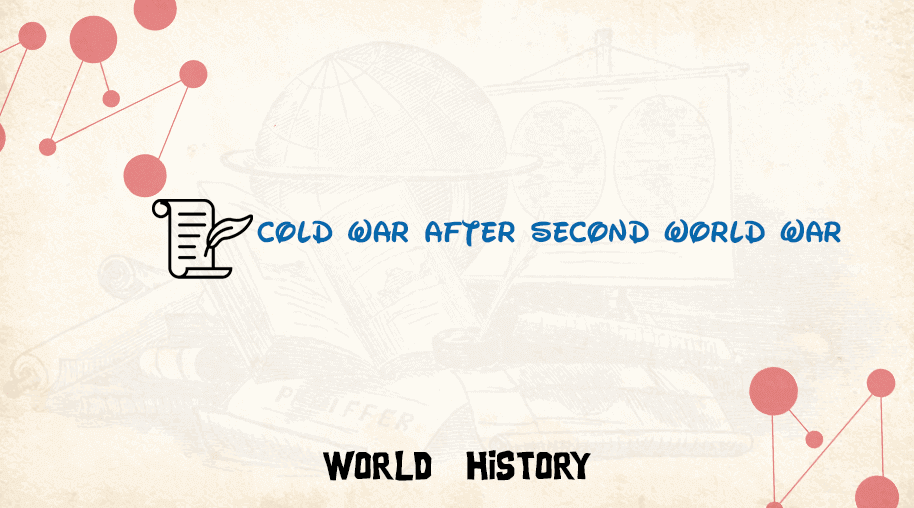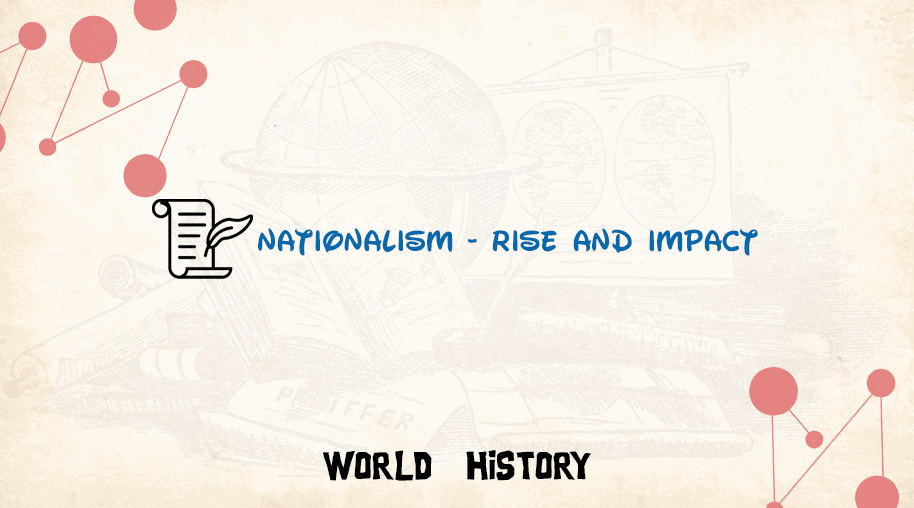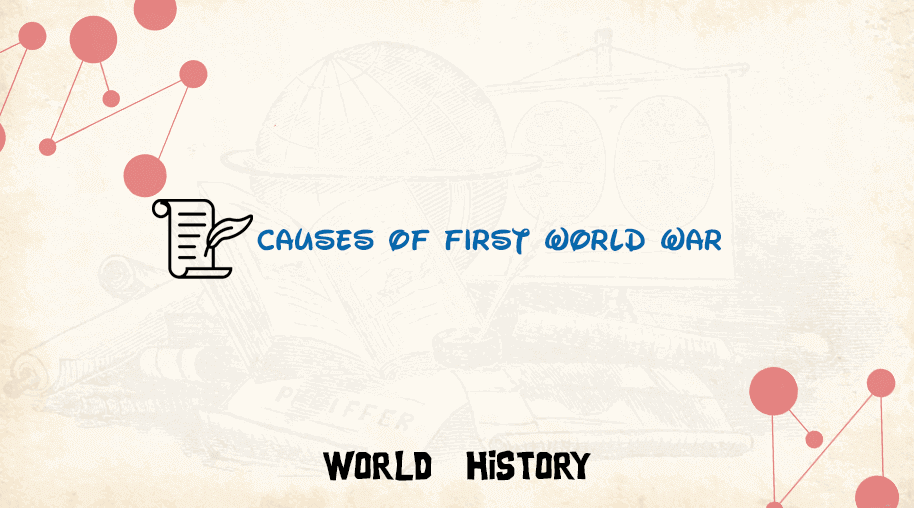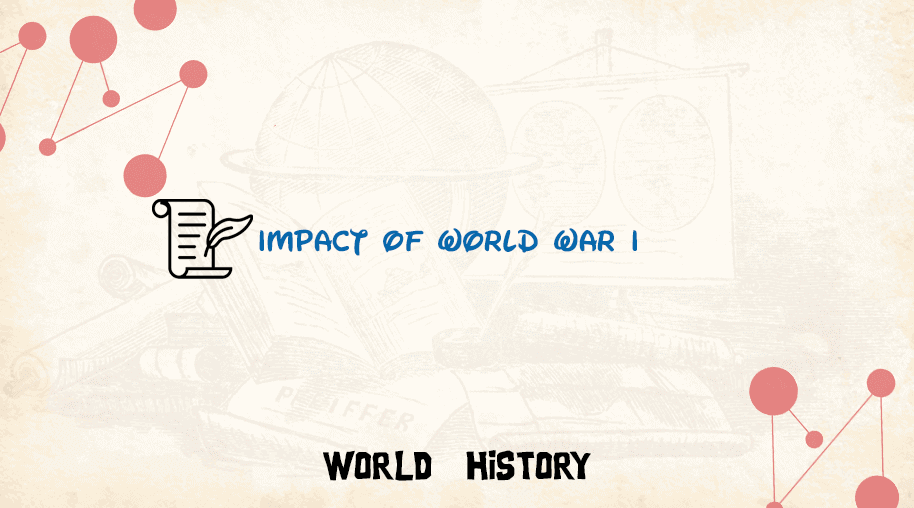Rise of Soviet Union after World War I
by Devender
0 2548
After the First World War, world witnessed the rise of the Soviet Union as a major power. The military intervention by Britain, France, USA, and Japan in Russia against the revolutionary forces were defeated and foreign army forces were driven out of Russia by 1920. However, due to participation in World War I, Civil war with these foreign interventions, the economy of Russia was completely shattered.
- It was a period of economic distress for everyone in Russia
- There was a shortage of food
- The production of industrial goods fell to the lowest in history
Rise of Soviet Union after World War I
To bounce back to the track of development, a lot of strong measures were taken:
- Peasants were made to leave behind their produce which was in abundance of what was fundamental for their own requirements
- They were not allowed to sell anything in the open market
- The payments in cash were terminated and instead, payments were done in goods
- Peasants were allowed to sell their produce in the open market again
- Payments in cash were again introduced
- Productions of Goods and their sale was permitted in some private companies
These measures created tensions among the peasants and other sections but were being accepted as these are considered important to support the revolution. However after the end of the civil war, these measures were taken back and in 1921, a new economic policy was introduced.
Formation of Soviet Union
The main center of the 1917 revolution was in Russia but soon, the revolution spread throughout the old Russian Empire. The Bolshevik party and its supporters formed governments in areas with non-Russian nationalities.
In 1922, all these territories were united as the Union of Soviet Socialist Republics(USSR) which stands for the Soviet Union. It was a federation of many republics.
Lenin died in 1924 and after his death, serious issues emerged within the ruling communist party. It was the only political party leftover policies. There was a struggle to hold power between different groups and leaders. In this struggle, Stalin became the ultimate winner.
- By 1930, all the leaders that played major roles in the revolution and after that were killed.
- False accusations were charged on them and fake trials were done to execute them.
- Freedom of Speech and press were destroyed
- Political democracy came to an end
- Expression of differences was not tolerated even within the party
- Stalin was the General Secretary of the party, he assumed dictatorial powers
- He used these powers until he died in 1953
Due to all this, Socialism in USSR took a serious hit and new features were introduced which were against the ideals of the revolution. Even the development of art and literature came under heat due to restrictions on freedom.
Russian Five Year Plans
In 1929, the USSR took some serious initiative for economic reconstruction and industrialization of the USSR by adopting the first of a series of Five Year Plans. Within a few years, the soviet union became a major industrial power and it was against all odds.
USSR was able to defeat foreign interventions but still USA and Britain maintained a foreign policy of boycott towards USSR to destroy the revolution. However, USSR didn't get much affected by it and continued to grow further. It grew so much that it became the only country that was not affected by the Economic crisis of 1929-33.
- Agricultural reforms in Russia:
A lot of changes were made in the agriculture sector and after the revolution, lands of landlords, the church, and the nobility were taken away from them and distributed among the peasants. Small lands or farms were considered not beneficial.
To increase production, the introduction of farm machinery was considered essential but it could only be done on large farms. To achieve high production, the government started its own farms and promoted collective farming by bringing small farms of peasants together.
In these collective farms, the ownership was not limited to one peasant owner, everyone has to work collectively. The government pressured the policy of collective farming and soon by 1937, almost all cultivable land was under the collective farms.
Soviet Union vs the West
Most European powers and the USA didn't recognize the Soviet Union for a long time but with its growing strength, it could not be ignored for long and after some time every country recognized the Soviet Union.
- Britain made diplomatic relations with Soviet Union in 1933
- It became a member of the League of Nations in 1934
- The hostility towards Soviet Union still continued
- West considered Soviet Union a threat to them
- West hoped that fascists power destroy Soviet Union
- This hostility led to the appeasement of fascist powers
- It also opened the doors for World War II
The Soviet Union started helping countries in their movement for freedom. It also helped China and stood against the fascist powers.

Share:







Comments
Waiting for your comments